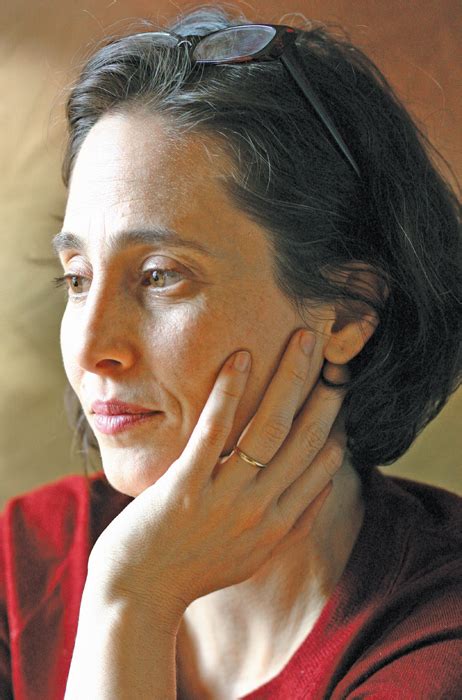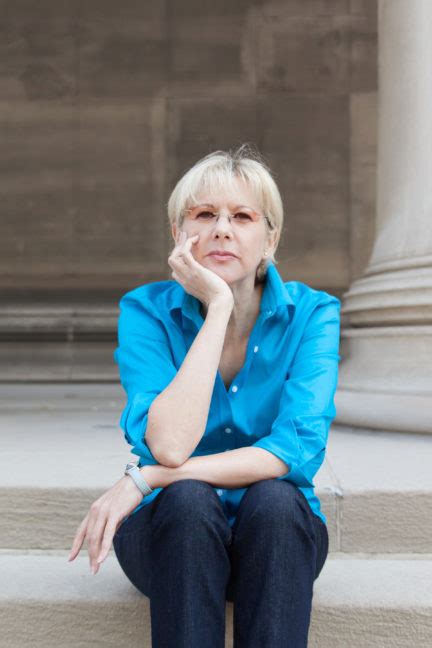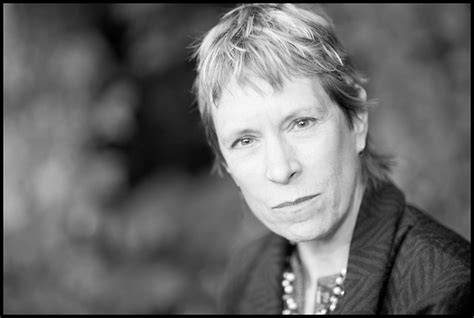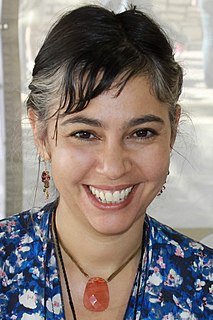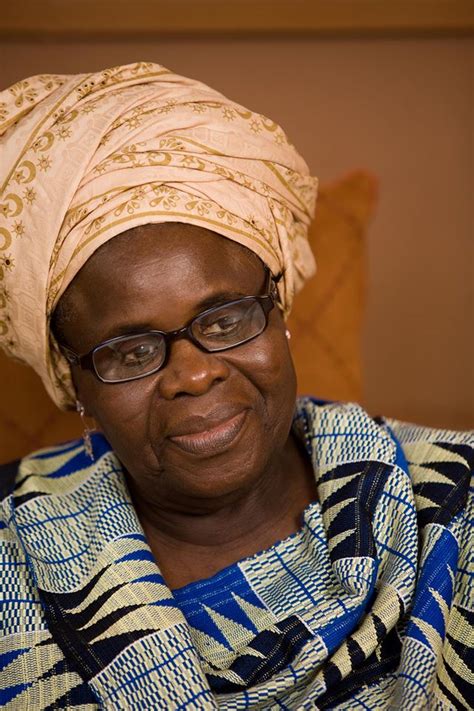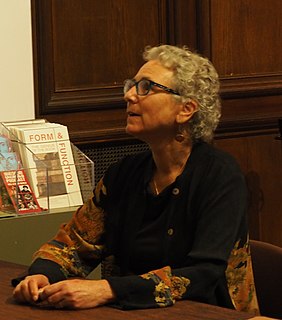A Quote by Meghan O'Rourke
With ferocity and extraordinary craft, Lizzie Harris has made a book of poems that resonates far beyond the personal stories it tells. Stop Wanting reveals, in every lyric, its author's profound metaphorical gifts. In its ironies and intensities, it brings to mind a writer like the young Sylvia Plath, though what is startling about Harris' s work is the way it combines those gifts with a muted, deft self-awareness. Most of all, these are wonderfully shaped, powerful, and surprising poems-a startling debut.
Quote Topics
About
Author
Awareness
Beyond
Book
Brings
Craft
Debut
Every
Extraordinary
Far
Ferocity
Gifts
Harris
Like
Lyric
Made
Metaphorical
Mind
Most
Muted
Personal
Personal Stories
Plath
Poems
Powerful
Profound
Resonates
Reveals
Self
Self-Awareness
Shaped
Startling
Stop
Stories
Surprising
Tells
Those
Though
Wanting
Way
Wonderfully
Work
Writer
Young
Related Quotes
To what or whom does Lizzie Harris direct the imperative title of her startling first book, Stop Wanting? To the reader, the narrator, to desire itself, or to lack? This is a work of complexly, ambiguously layered narratives and identities. The opening poem asserts I want to say what happened / but am suspicious of stories. These lines become an ars poetica for the whole of this painful and exceptional collection in which the unspeakable is stubbornly confronted by a searing eloquence. This is a commanding debut.
In Advance of All Parting is a tough, unsentimental examination of marital grief. Musically elegant and inventive, understated and passionate, the poems give us a profound glimpse into how the events of a life can form a center of gravity that fixes the self in its force field. Theres a cold, truth-telling clarity about them that makes them as unsettling as they are beautiful. Ansie Baird has created a richly-drawn world in which this elemental drama plays out, and the result is vivid, startling poems in which pain has left its indelible tracks.
I want to yell about it most days and stop strangers in the street to share my outrage. But my mind is too serpentine to offer instant poem reactions. I can however stand back and examine the deeper ground, or at least that's what I hope my poems are doing. I believe contemplation can be an ethical act and literature can be a profound agent of cultural change, so I hope in some way my poems expand the conversations about environmental decline and social responsibility.
Anna Journey, in her new book of poems, Vulgar Remedies, creates an alchemical self whose shimmering limbic / alembic lyrics distill the mysterious terrors of childhood, the dangerous passions of adults, into her own honey-dusk 'voodun': protective, purified to gold. Poetry is always a time machine: here we are invisible travelers to a bewitched past, a beautifully occluded future. These poems are erotic, vertiginous, revelatory, their dazzling lyric force reflecting profound hermetic life.
If you can find two poems in a book, it could be a pretty good book for you. You know, two poems you really like. There are some poets who are fairly big names in contemporary poetry and who write a book and I might like three or four poems in the book, but the rest of them don't appeal to me personally; but I think that's the way it really ought to be. I think it's really a rare thing to like everything that somebody has written.
I think that the casual reader and the lyric and confession are trickily tied up together. I mean often when I read my students' poems my first impulse is to say, "O, the subject of this pronoun, this 'I,' is whatever kid wrote this poem." The audience for lyric poems is "confessionalized" to some extent. And I think this audience tends to find long narrative poems, for instance, kind of bewildering.
When I applied to Stanford, I applied for graduate work in the PhD program, not to the creative writing program, mostly because though I had some vague ambition of becoming a writer and I was trying to write poems and essays and stories, I didn't feel like I was far enough along to submit work to some place and have it judged.

